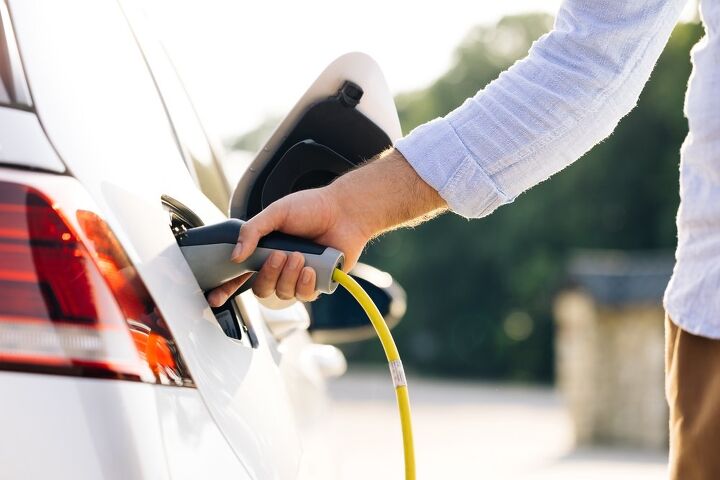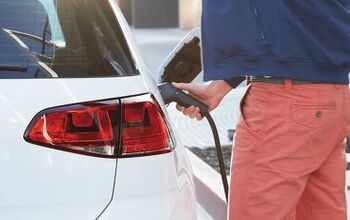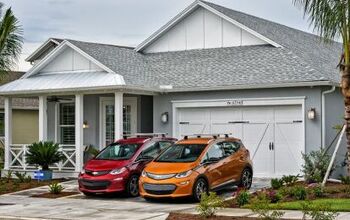Are Electric Cars Really Helping the Environment?
A recent study by the Keck School of Medicine of USC provides new insights into the potential benefits of electric vehicle (EV) adoption. The research, published in the Science of the Total Environment journal, presents the first real-world data linking EVs to reductions in air pollution and respiratory issues. This study marks a significant step in understanding the impact of electric cars on public health and the environment.
Understanding the Impact: Research Methodology
The researchers used multiple data sources to conduct their analysis. They gathered information on the total number of zero-emission vehicles (ZEVs), which include battery electric, plug-in hybrid, and hydrogen fuel cell cars, from the California Department of Motor Vehicles. The team also analyzed air pollution levels, focusing on nitrogen dioxide (NO2), and the rates of asthma-related emergency room visits across various California zip codes from 2013 to 2019.
Findings: Reduced Pollution and Health Risks
The results revealed a clear pattern: As the adoption of ZEVs increased within a zip code, there was a notable decline in local air pollution and asthma-related emergency room visits. Specifically, for every additional 20 ZEVs per 1,000 people, there was a 3.2 percent reduction in the rate of asthma-related emergency visits. Furthermore, the study showed a modest decrease in NO2 levels, a pollutant closely linked to traffic emissions.
Socioeconomic Disparities in ZEV Adoption
However, the study uncovered an adoption gap in ZEVs, with slower uptake in lower-resource areas. This gap highlights a need for policies that promote equitable access to clean transportation, particularly in communities disproportionately affected by pollution and related health issues.
Future Research and Broader Implications
While the study's findings are promising, the researchers acknowledge that more investigation is needed. Future research should explore additional pollutants, other vehicle classes, and broader environmental impacts of ZEVs, including the emissions from their production and disposal.
Conclusion
The study by the Keck School of Medicine of USC offers another case for the adoption of electric vehicles, not just for environmental reasons but also for public health benefits. It underscores the importance of considering local actions in the global fight against climate change and highlights the potential for significant health improvements through technological advancements in transportation.
This article was co-written using AI and was then heavily edited and optimized by our editorial team.
More by TTAC Staff
Latest Car Reviews
Read moreLatest Product Reviews
Read moreRecent Comments
- Jalop1991 Our MaintenanceCosts has been a smug know-it-all.
- MaintenanceCosts If I were shopping in this segment it would be for one of two reasons, each of which would drive a specific answer.Door 1: I all of a sudden have both a megacommute and a big salary cut and need to absolutely minimize TCO. Answer: base Corolla Hybrid. (Although in this scenario the cheapest thing would probably be to keep our already-paid-for Bolt and somehow live with one car.)Door 2: I need to use my toy car to commute, because we move somewhere where I can't do it on the bike, and don't want to rely on an old BMW every morning or pay the ensuing maintenance costs™. Answer: Civic Si. (Although if this scenario really happened to me it would probably be an up-trimmed Civic Si, aka a base manual Acura Integra.)
- El scotto Mobile homes are built using a great deal of industrial grade glues. As a former trailer-lord I know they can out gas for years. Mobile homes and leased Kias/Sentras may be responsible for some of the responses in here.
- El scotto Bah to all the worrywarts. A perfect used car for a young lady living near the ocean. "Atlantic Avenue" and "twisty's" are rarely used in the same sentence. Better than the Jeep she really wants.
- 3-On-The-Tree I’ll take a naturally aspirated car because turbos are potential maintenance headaches. Expensive to fix and extra wear, heat, pressure on the engine. Currently have a 2010 Corolla and it is easy to work on, just changed the alternator an it didn’t require any special tools an lots of room.


































Comments
Join the conversation